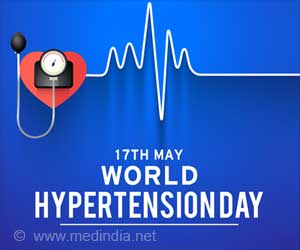- High BMI and body dissatisfaction in early childhood can increase the risk of depression in adolescent
- Social stigma and inflammatory pathways are the major drivers of overweight impacting mental health //
- Girls are twice as likely as boys to experience body image issues and mental health problems
Longitudinal pathways between childhood BMI, body dissatisfaction, and adolescent depression: an observational study using the UK Millenium Cohort Study
Go to source).
How Body Image and Mental Health Are Linked?
The study revealed that having a high BMI at age seven was associated with higher levels of body dissatisfaction by age 11 as well as higher rates of depressive symptoms by age 14, such as low mood, lack of pleasure, and poor concentration.Even though body dissatisfaction in girls accounted for a significant component of the connection between BMI and depressive symptoms, a greater portion of the association remained unexplained.
Adolescent depression symptoms have been linked to additional components, including inflammatory pathways. However, additional environmental factors, such as bullying or weight stigma—regardless of whether they result in the internalization of weight stigma—may account for this correlation by raising stress levels or decreasing self-worth.
Preventive Strategies
Since being overweight is a modifiable risk factor, initiatives to lower childhood weight must take into account any potential effects on mental health to prevent stigmatizing weight and to promote children's mental health and well-being, particularly for females.While encouraging a balanced diet and regular exercise is crucial, some public health messages may be creating shame or guilt complexes among young kids.
Strategies to target body image concerns in early adolescence, such as psychological interventions or media literacy training could address self-esteem, social comparisons, and social media influences, but more research is needed to more effectively tackle body image concerns in young people.
Ultimately, to tackle the issue of overweight image in kids that has rippling effects of mental health issues in later life, there is a need for both individualistic and societal interventions.
- Longitudinal pathways between childhood BMI, body dissatisfaction, and adolescent depression: an observational study using the UK Millenium Cohort Study - (https://www.thelancet.com/journals/lanpsy/article/PIIS2215-0366(23)00365-6/fulltext)
Source-Medindia














